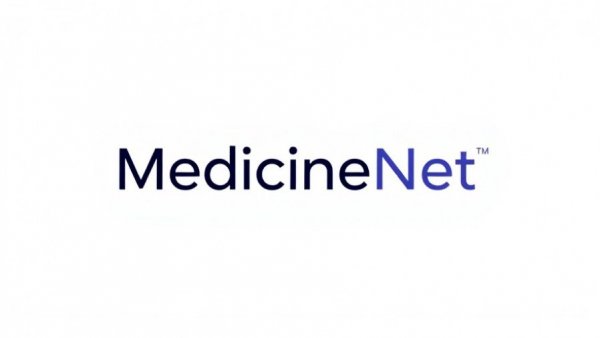
Revolutionizing COVID-19 Vaccination: Moderna's Lower-Dose Breakthrough
In an era where public health continues to evolve in response to the lingering threat of COVID-19, the FDA's recent approval of Moderna's low-dose vaccine, known as mNexspike, marks a pivotal moment for vulnerable populations. This new vaccine offers a reduced dosage—about one-fifth of the original—aiming to provide a more targeted immune response while maintaining efficacy. But will this innovation change the way we approach COVID-19 vaccinations?
The Science Behind the Lower-Dose Vaccine
According to Moderna, the mNexspike vaccine showcases a greater relative efficacy than the original version, particularly in older adults and those at increased risk of severe disease. During clinical trials involving over 11,000 participants, results indicated that the 10 µg dosage not only proved effective but created fewer side effects compared to the larger dose, which included typical reactions like fatigue and headache. This gentler approach might encourage more people, especially those concerned about vaccine side effects, to get vaccinated.
Navigating the Approval Process
The unanimous endorsement by the FDA’s Vaccines and Related Biological Products Advisory Committee is a testament to the vaccine's potential impact. The approval is specifically tailored for individuals aged 65 and above, alongside those aged 12 to 64 who carry health vulnerabilities. This targeted approach acknowledges that a one-size-fits-all vaccination program may not be suitable moving forward, aligning with new age and risk-based recommendations set forth by health authorities.
Impact on Public Health Initiatives
With the approval of mNexspike, health experts anticipate a broader, more nuanced strategy to combat COVID-19. Historically, vaccines have been universally recommended; however, this shift towards individualized recommendations could pave the way for a comprehensive understanding of how vaccines should function within diverse demographics.
Taking Preventive Action: It's More Important Than Ever
The recent updates in the vaccination protocol suggest a collective move towards enhancing public health protection while carefully considering the needs of specific populations. Older adults and those with existing health conditions now have a more tailored option that not only meets their needs but also instills confidence in the vaccine process—the key to ensuring widespread vaccination. Armed with this knowledge, consumers should evaluate their health risks and consider whether this new option may be ideal for them.
Community Conversations: Sharing Knowledge and Experiences
As the FDA encourages healthcare providers to engage in discussions with patients about the new vaccine, it’s essential for communities to foster an environment where questions can be posed, and experiences shared. Effective communication can bridge the gap of apprehension towards vaccination. Moreover, personal anecdotes often resonate more profoundly than statistical data, making it easier for others to understand the importance of getting vaccinated.
A Step Towards a Healthier Future
The emergence of the mNexspike vaccine is not merely another vaccine on the market; it’s an emblem of hope as communities progressively adapt to a post-pandemic reality. Its design, intended to elicit a stronger immune response with lesser traditional side effects, communicates a proactive step towards more nuanced health choices. Thus, this is a call for consumers to engage with their healthcare providers and gain insights into the most suitable vaccination options available.
Join the Conversation: Your Health Matters
As we navigate this ever-evolving landscape of healthcare, remember that your voice and perspective matter. Stay informed, discuss with your healthcare provider, and consider the benefits of the new mNexspike vaccine for yourself or loved ones at risk. Together, knowledgeable discussions and informed decisions can empower families and communities as we continue to prioritize health and well-being.
 Add Row
Add Row  Add
Add 




Write A Comment